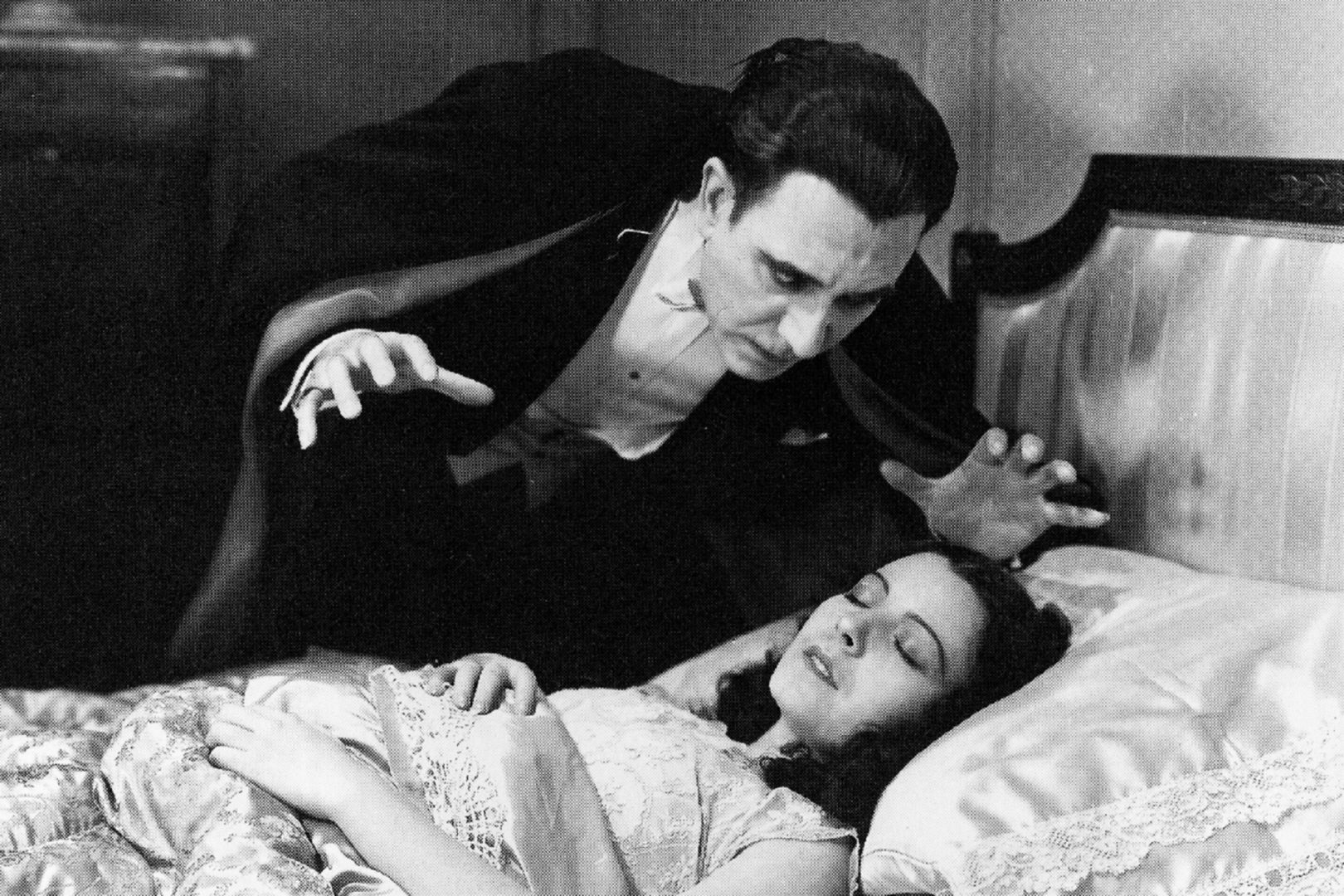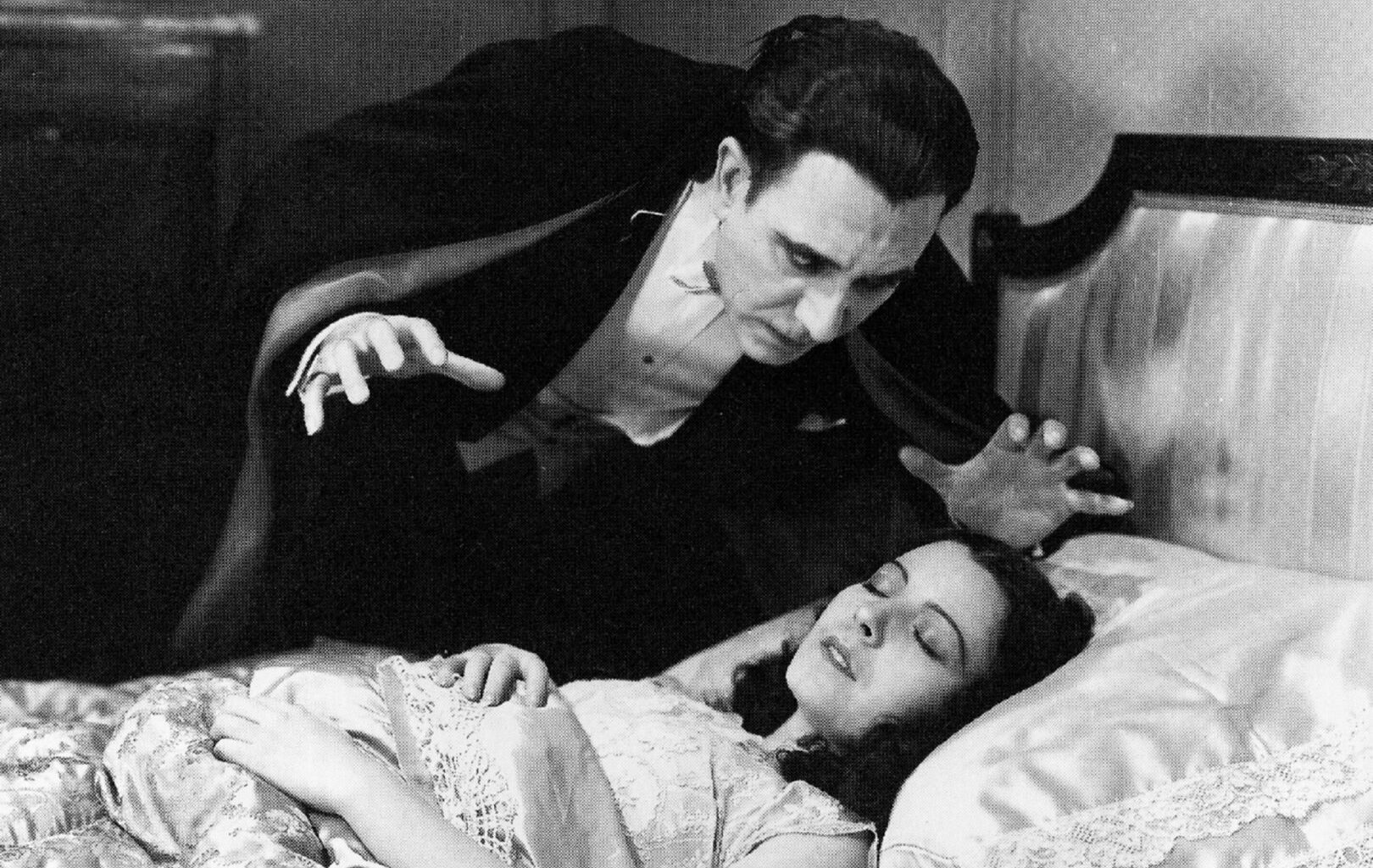October 15, 2025 | 1:00 PM
Asia Tabb
Asia Tabb is the Host and Producer for WITF’s The Spark.
She began her start in radio when she joined legendary radio/ host producer, Doc Christian. She worked closely with Doc for her role on “The Gospel Express, on WHOV 88.1 FM and was a host for “Unrestricted Praise” at Praise FM.
Previously she was an anchor in Shreveport, Louisiana at KTAL/KMSS. Asia also worked as a Multi-Media Journalist at WHP-TV here in Harrisburg, PA.
Asia got her break into news at KTVO in Ottumwa, Ia. While the 2020 caucuses were gearing up. Asia followed many candidates through their campaign trail from Senator Cory Booker, Congresswoman Tulsi Gabbard, and 46th President of the United States Joe Biden.
Asia was born and raised in Norfolk, Va. She graduated from Old Dominion University in 2018 with a major in Communications.
Asia is extremely friendly so don’t be afraid to say hi if you see her out and about.

Universal Studios Licensing LLC
Dracula (Carlos Villarías) and Eva (Lupita Tovar) in Spanish Dracula.
AIRED; October 15, 2025
Listen to the podcast to hear the full conversation.
At the University of Pittsburgh, fear has found a new home — in academia. The university is now home to the world’s first academic center dedicated to the study of horror, exploring how the genre reflects society’s deepest anxieties and historical traumas.
The Horror Studies Center, founded by Dr. Adam Lowenstein, professor of English and Film and Media Studies, positions Pitt as a global leader in understanding horror not just as entertainment, but as a vital lens through which to view human experience. “The Horror Studies Center at Pitt is the result of many years of hard work,” said Lowenstein. “It really grew from a sense that Pittsburgh has an important horror heritage, given that George Romero, one of the most famous artists in the genre, conducted most of his career in Pittsburgh. The zombie film that he created is really still the template for much of horror that we see today.”
Lowenstein said the idea took root around 2017, when plans were underway to celebrate the 50th anniversary of Romero’s Night of the Living Dead. “I was thrilled when George Romero himself said he would be willing to come back to Pittsburgh to celebrate,” he recalled. “Then, unfortunately, George passed away. But everyone involved quickly came together to say — now it’s even more important to celebrate this anniversary. It became not just about Night of the Living Dead, but about George’s entire career and what it meant to the city and the genre.”
That passion led to the creation of the Horror Studies Center and an expansive archival collection that houses Romero’s personal materials — including hundreds of unproduced scripts. “There’s over 200 unproduced scripts in the collection,” Lowenstein said. “For every film he actually made, there are many that did not get made. You get a powerful sense of what it was like to be an independent filmmaker and how much disappointment and unfinished business that requires.”
While horror might seem an unusual subject for serious academic study, Lowenstein says it’s an incredibly rich field. “Horror studies is an emergent field — just like English studies or cultural studies,” he explained. “It’s a subject worth delving into because we can learn things not just about the genre itself, but about all the parts of human experience that it touches on.”
For Lowenstein, horror provides a mirror for the darkest parts of history. “Horror has more to teach us about how we deal with historically traumatic events like the Holocaust, Hiroshima, and Vietnam than all those Oscar-winning films that purport to be about those events explicitly,” he said. “Horror has a vocabulary to talk seriously about pain, loss, and anguish.”
The center’s programming often extends beyond the expected. Later this month, it’s co-sponsoring Camera as Passport: The Ship of Photographers, a photography exhibition at Pittsburgh’s Jewish Community Center in Squirrel Hill. “It’s an exhibition about German Jewish photographers whose careers were cut short by Hitler’s rise to power,” Lowenstein said. “It has nothing to do with horror in the genre sense, but everything to do with horror in the historical sense. It’s a poignant document about the Holocaust and survival — which is very much in the realm of horror studies.”
Inside the center’s archives, visitors can explore scripts, props, production materials, and other artifacts that reveal how the horror industry operates — from artistic inspiration to business realities. “It’s a very eye-opening way of realizing how much work goes into the industry of horror,” Lowenstein noted. “How well thought out and carefully organized it actually is.”
As the Horror Studies Center continues to grow, Lowenstein hopes it will inspire students and visitors alike to rethink what horror means — and why it matters. “People come to horror seeking different kinds of things,” he said. “What we’re finding is that once they look closely, they start to see how horror reflects who we are — our fears, our history, and the ways we survive them.”
Listen to The Spark on your favorite platform

